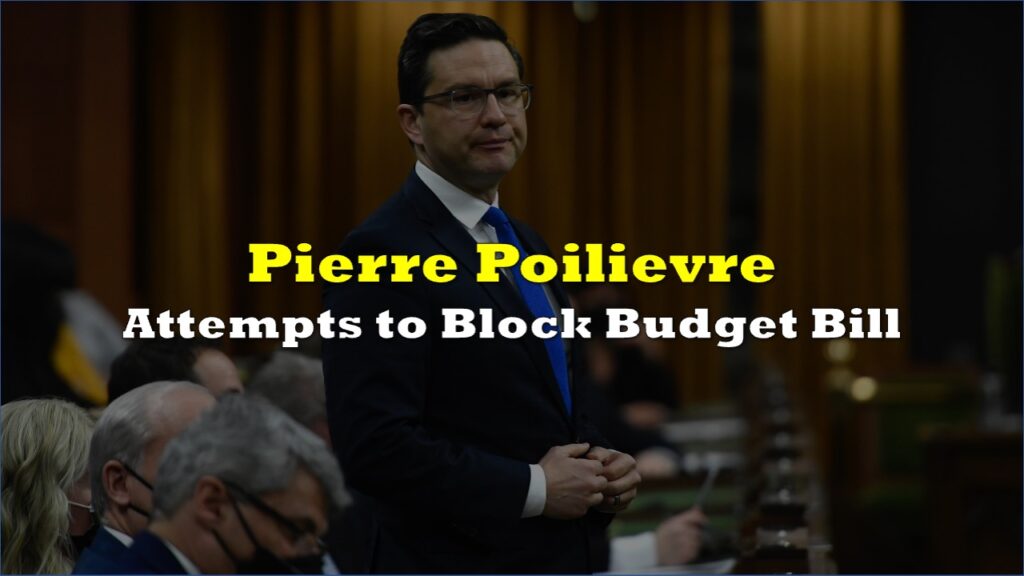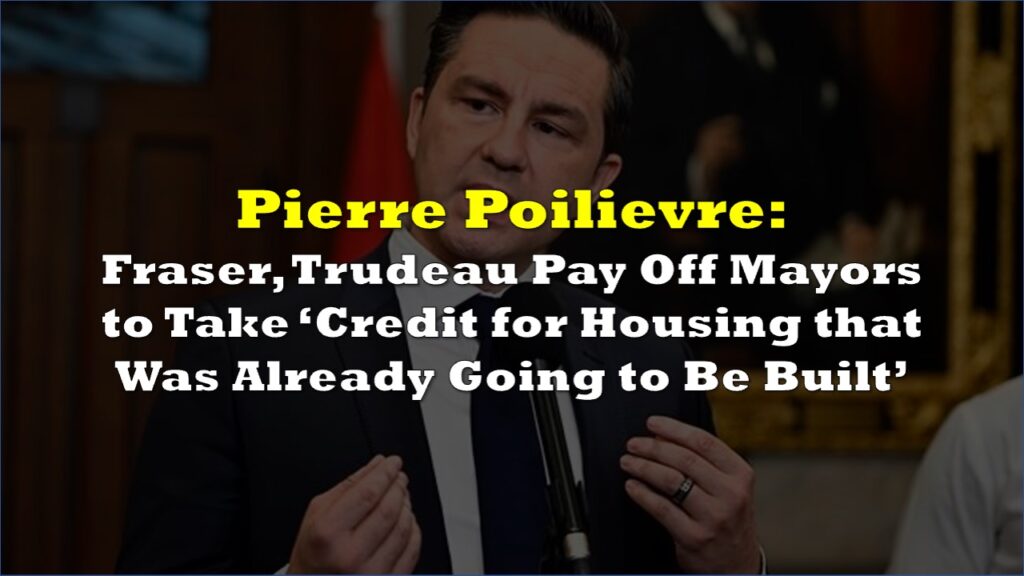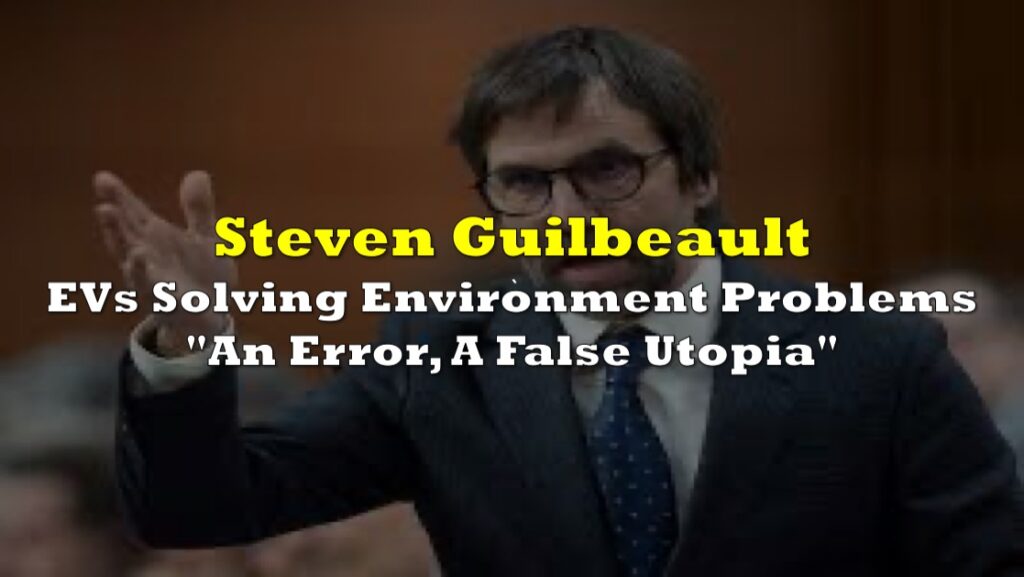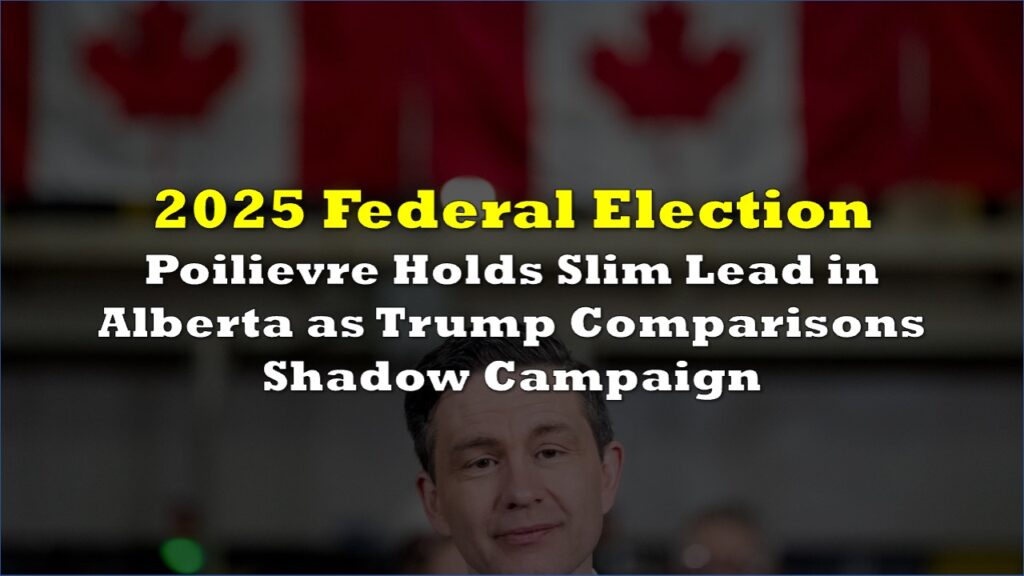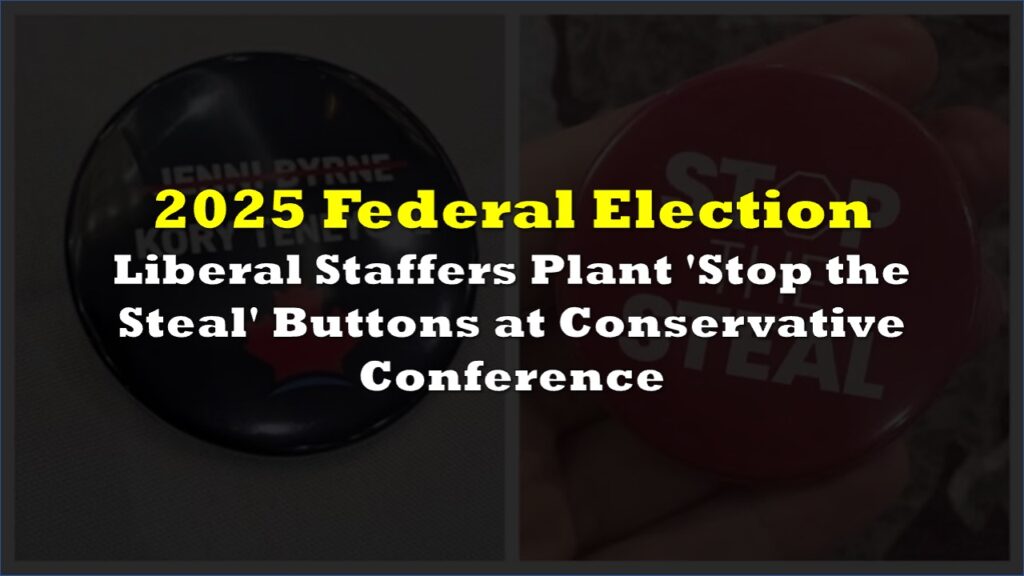Canada’s Environment Minister Steven Guilbeault admitted on CTV’s Question Period in an interview that aired on Sunday that on average, households may end up paying more for the carbon price, even more what it receives in quarterly rebates — contrary to what the Liberals last year asserted.
“If you do the average, yeah, it’s true, it’s going to cost more money to people, but the people who are paying are the richest among us, which is exactly how the system was designed,” Guilbeault told host Vassy Kapelos.
“So the rich pay more for their carbon consumption and their carbon pollution, and we’re supporting, through the transition, middle class Canadians and low income Canadians, and that’s exactly what we’re doing,” he added.
Over the weekend, the carbon price went up from $50 to $65 per tonne. This jump, according the Canadian Taxpayers’ Federation, will be felt painfully at the pump with gas going up from 11.05 cents to 14.31 cents per liter, and that’s just the beginning.
So after lying for 5 years that “Canadians would be better off” because of the carbon tax, Liberals now admit most people will pay more than they get back.
— Pierre Poilievre (@PierrePoilievre) April 2, 2023
Let this be a lesson to all the Liberal media mouthpieces that repeated Trudeau’s disinformation on the carbon tax.
Only… https://t.co/H4R7Yg6qZM
Poilievre’s reaction is also validated by a report by the Parliamentary Budget Officer (PBO) that found that when the price of carbon reaches the expected $170 per tonne in 2030, a majority of households will see their payments going over the rebates from the federal government that’s supposed to cover the surcharge.
“When both fiscal and economic impacts of the federal fuel charge are considered, we estimate that most households will see a net loss,” PBO Yves Giroux said in a statement. “Based on our analysis, most households will pay more in fuel charges and GST—as well as receiving slightly lower incomes—than they will receive in Climate Action Incentive payments.”
Separately, Guilbeault responded to the report via statement and said that it does “not account for economic opportunities that come with driving clean tech innovation,” and that it’s “like a business calculating their revenues, by looking only at one side of their ledger book.”
Federal Conservatives have repeatedly called to “axe the tax,” emphasizing the impact of carbon pricing on households via direct and indirect charges as well as follow-on economic costs.
Information for this briefing was found via CTV News, Twitter, and the sources and companies mentioned. The author has no securities or affiliations related to the organizations discussed. Not a recommendation to buy or sell. Always do additional research and consult a professional before purchasing a security. The author holds no licenses.





